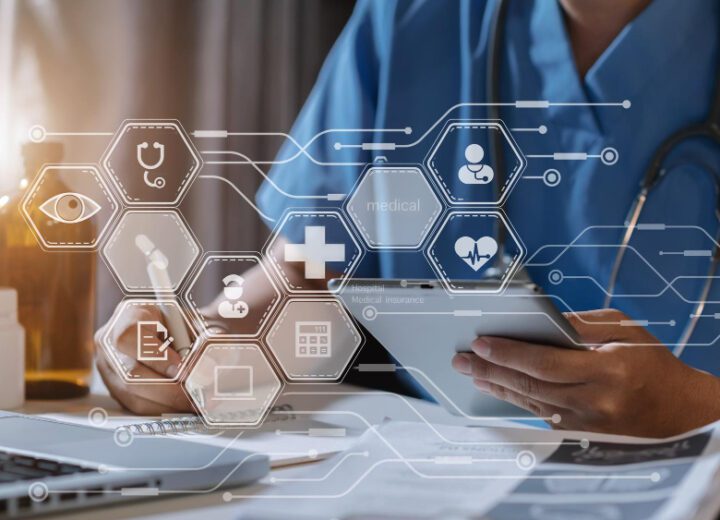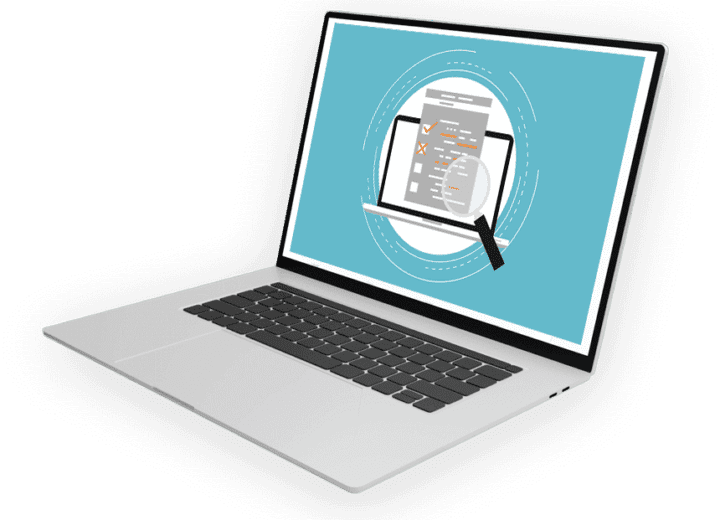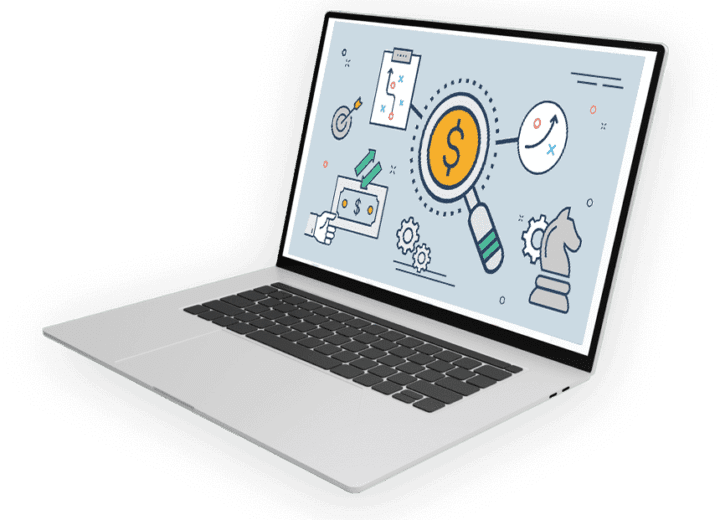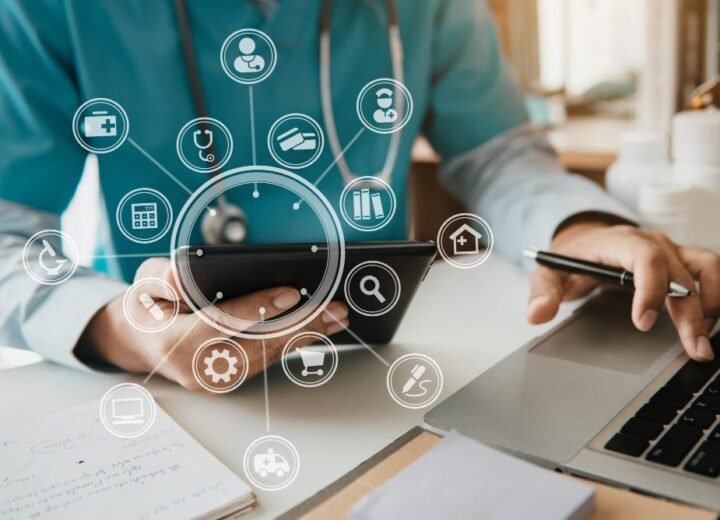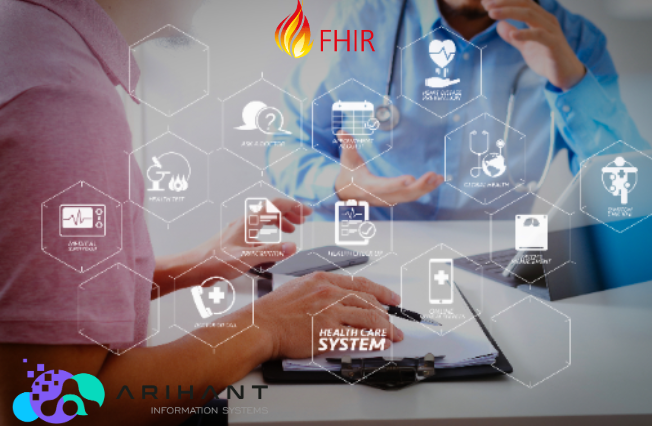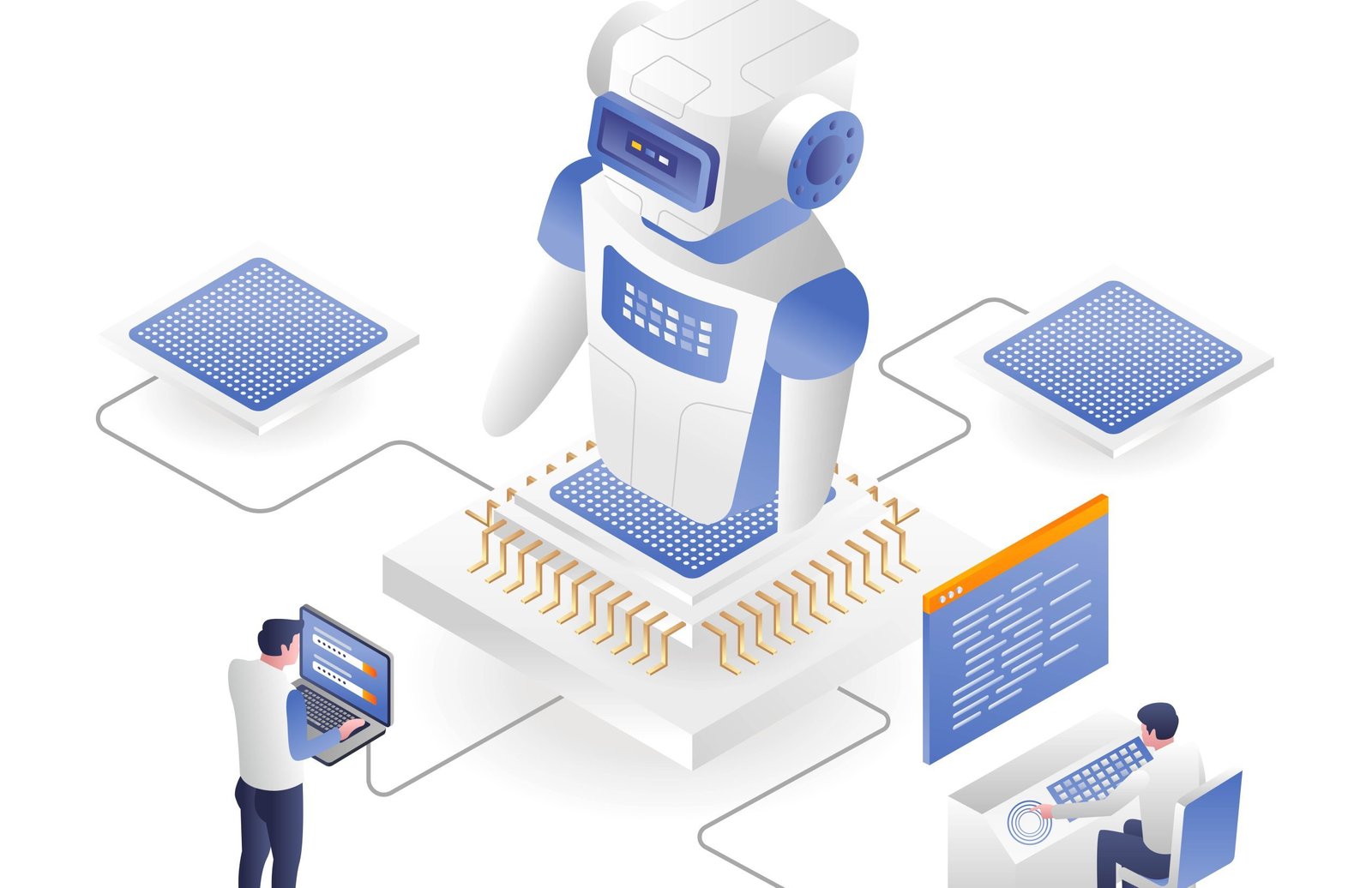In the rapidly evolving digital landscape, healthcare app development stands out as a critical area that merges technological innovation with human-centric service. Building a successful healthcare application is no small feat—it requires a deep understanding of the complex healthcare industry, adherence to regulatory standards, a strong foundation in technology, and, most importantly, an empathetic approach […]
Artificial Intelligence has emerged as a transformational force in software development’s ever-changing landscape. It alters traditional coding processes and presents tremendous potential for optimizing workflows and accelerating software delivery. The integration of Artificial Intelligence in software development is more than a passing fad; it’s a catalyst for unparalleled efficiency, accuracy, and innovation. In this article, […]
As the healthcare industry continues to shift towards value-based care models, revenue cycle management (RCM) optimization is becoming increasingly complex. To optimize RCM optimization for value-based care, healthcare organizations must embrace new payment models. They should focus on quality and outcomes. Additionally, they need to leverage technology solutions that can streamline their RCM processes. In […]
The field of medical coding is one of the most critical and complex areas in the healthcare industry. Accurate coding is essential for several reasons, including ensuring proper reimbursement for healthcare providers, facilitating efficient revenue cycle management, and maintaining compliance with federal and state regulations. However, despite its importance, medical coding can be a challenging […]
Fast Healthcare Interoperability Resources (FHIR) is a revolutionary new standard for exchanging healthcare information electronically. Health Level Seven International (HL7) developed FHIR. It is designed to make it easier for healthcare systems to share data through Fast Healthcare Interoperability Resources. Fast Healthcare Interoperability Resources also aims to improve the quality of care for patients. This […]
Managing the financial aspects of patient care is known as revenue cycle management (RCM). It is a crucial part of the healthcare sector. RCM aims to make sure that healthcare providers are promptly and effectively compensated for the services they render. Patient registration, appointment scheduling, claims submission, payment processing, and patient billing are just a […]
Technology can play a significant role in improving the patient’s financial experience in the healthcare industry. It can provide patients with easy access to their healthcare facilities, medical billing, insurance for making payments, and a simple process for healthcare organizations. Additionally, they can offer patients personalized cost estimates and financial assistance options, helping to reduce […]
Healthcare Fraud, According to NHCAA financial loss due to healthcare fraud is billions of dollars. Approximately 3% of total health care expenditures, while some government and law enforcement agencies place the loss as high as 10% of our annual health outlay. Fraud in Revenue Cycle Management (RCM fraud) is a significant concern for healthcare providers […]
The Payment Card Industry Data Security Standards (PCI DSS) include a set of security standard guidelines to ensure all companies that accept, store, process, or transmit credit card data maintain a safe payment environment. Compliance with these PCI Data Security Standards is mandatory for all merchants and service providers that accept credit card payments. This […]
In the healthcare sector, many manual processes and decisions depend on the precision of healthcare data. For instance, patient onboarding in the organization, follow-up appointments, reports & prescription storage, medical billing, and claims management are a few data-intensive processes in a healthcare system. Considering these factors, the benefits of RPA (Robotic Process Automation) can significantly […]




